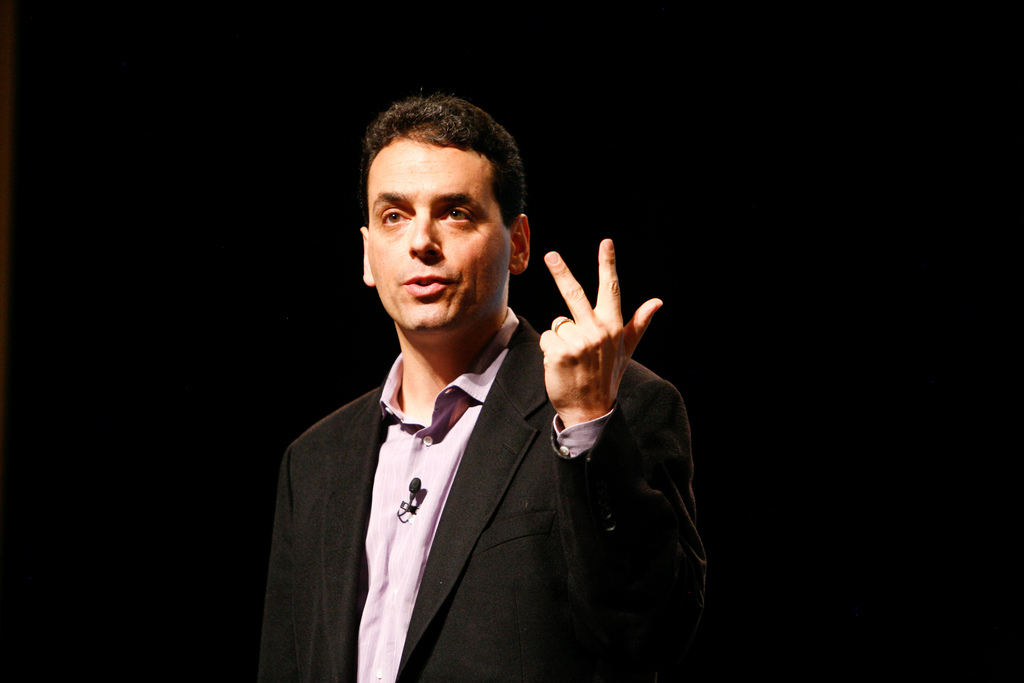
If you don’t already know it, paying people more money – at least beyond a certain point – will not result in better performance. In fact, the old carrot-and-stick approach to management is broken.
That’s what bestselling author and careerist Daniel Pink claims. According to the motivational speaker and writer, higher financial incentives only work for traditionally mechanistic roles – manufacturing tasks, book-keeping, software programming and the like.
In numerous studies conducted by behavioural scientists from leading universities like MIT and the London School of Economics, results showed that the more you pay for a relatively simple and straightforward task, the better the performance.
However, in cases where creative problem solving skills are needed, better monetary rewards resulted in poorer performance.
Why is this so?
Well, Daniel claimed that the true motivators for knowledge workers in the 21st Century are Autonomy, Mastery and Purpose.
1) Autonomy – time to achieve peak creativity
Autonomy pertains to providing sufficient empowerment and independence to one’s workers to allow them to solve creative problems on their own.
In organisations like Google, 20% of the time is given to engineers to do whatever they wish to do. Often, the most inventive and impactful products (eg Gmail) are created during this period of serendipitous creation.
Indeed, self-direction is a key in organisations like Google, encouraging people to work towards their peak.
2) Mastery – opportunity to stretch and learn
Mastery, on the other hand, is about providing workers with challenging tasks that help to stretch their capabilities while providing learning opportunities. It is about giving them an opportunity to refine and hone their skills and competencies in specific areas, while being tasked with a good-sized challenge.
Note that mastery isn’t abandonment. Nor is it complete delegation without providing employees with the necessary equipping, training and development needed to master their areas of work.
3) Purpose – working towards a higher goal
The final driver, Purpose, relates to a higher goal and reason for an organisation’s existence. This goes beyond merely generating more money to achieving something more noble – solving the world’s food crisis, reducing one’s carbon footprint or eliminating discomfort amongst hospital patients.
Together, these drivers help to steer workers towards achieving results in more cognitively challenging occupations.
Do check out Daniel’s RSA-animated talk on “The Surprising Truth About What Motivates Us” below to learn more about these motivational factors.


I’ve read Pink’s book Drive and couldn’t agree more. If salary is fair and equitable, other factors play a much larger role in retaining happy employees.